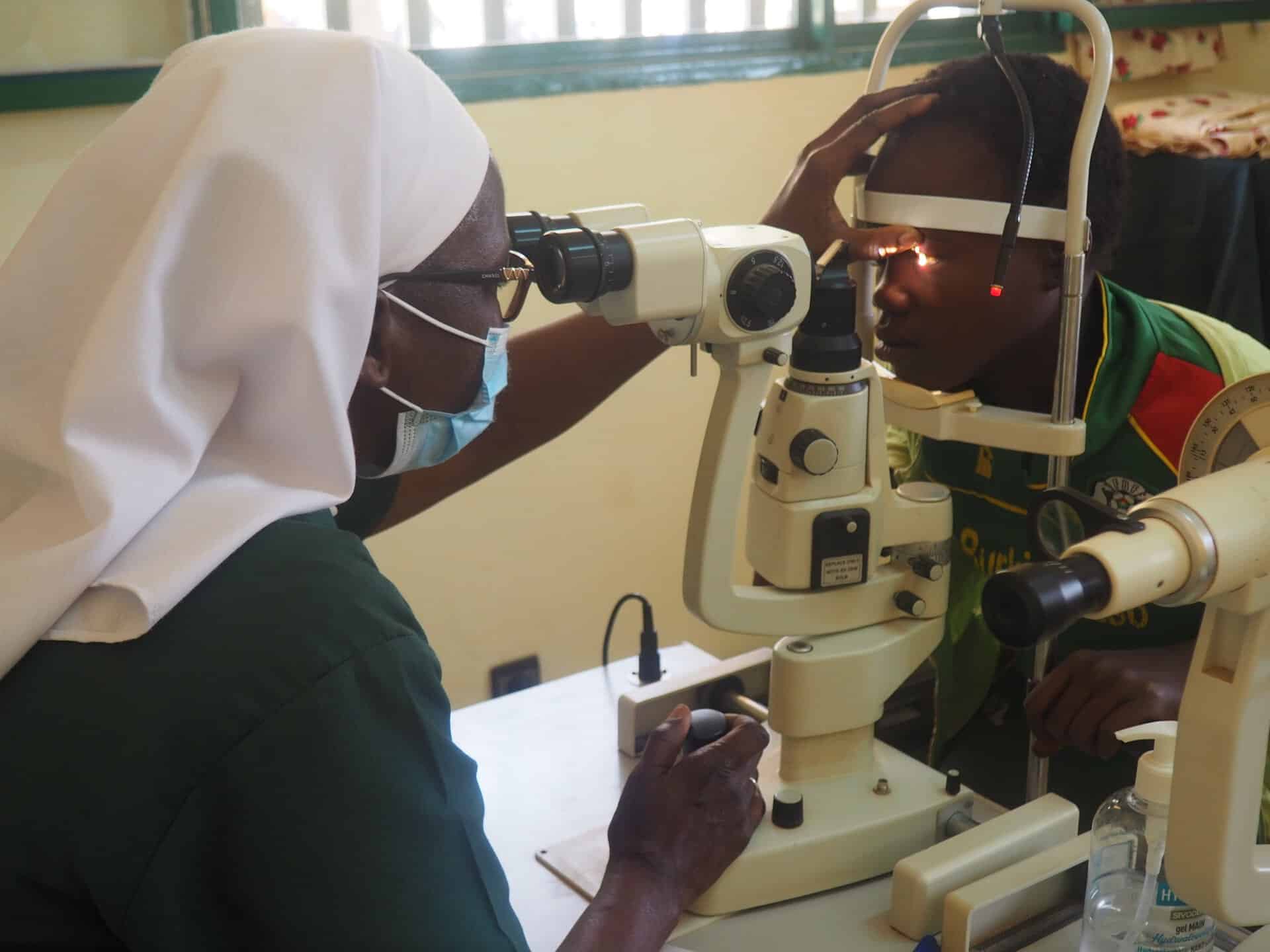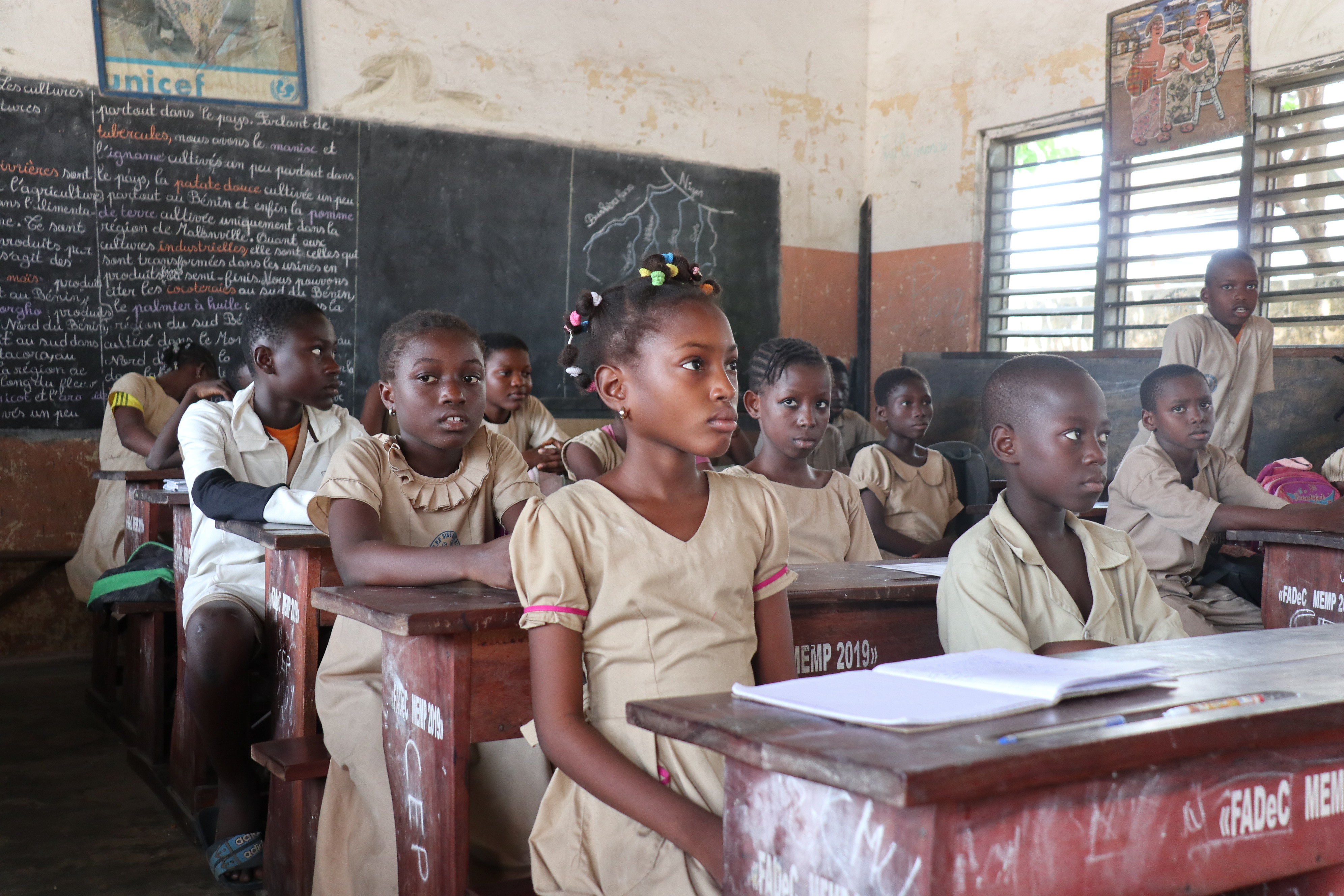Photo credit: Vincent Reynaud-Lacroze
The 43ème International Women's Day will be celebrated on 8 March, probably with a lot of marketing. However, the year 2020, which celebrates the 25th anniversary of the Beijing Declaration, would be a good time to restore 8 March to its original status as a day of struggle for women's rights.
Will 8 March 2020 be different from the others? Can we finally envisage a real day of struggle for women's rights, as this day was originally conceived? Let's be honest, it's highly unlikely, as "Women's Day" marketing has strongly influenced our societies, our consumption patterns and our morals. And yet, this 8 March 2020 would be a game-changer, as it marks the 25th anniversary of Women's Day.ème anniversary of the Beijing Declaration and Platform for ActionThis is "the most progressive roadmap to date for the empowerment of women and girls anywhere in the world".
A landmark achievement for women's rights
The Beijing Declaration and Platform for Action, adopted at the end of September 1995 at the end of the Fourth World Conference on Women, marked an unprecedented advance for women's rights. With as many as 17,000 participants and 30,000 activists, the conference, which involved 15 days of intense debate, ended with a vision - a world where every woman and girl could exercise her freedoms and choices, and know and understand all her rights - and an agreement among 189 states to achieve gender equality and the empowerment of women everywhere. In the area of girls' education and training, the ambition was not least to guarantee the right to education for all girls and women, to eradicate illiteracy, to improve access to training, to science and technology and to lifelong learning, to allocate sufficient resources and to eliminate all gender discrimination...
25 years later, the situation is hardly perfect
The Beijing Declaration, and the political will of states to implement it on the ground, has undoubtedly led to considerable improvements in the lives of women. Nevertheless, it is clear that gender equality, as intended in the text, is still very far from being achieved. Regardless of their country or social level, women still suffer the full force of gender discrimination and inequality. At any age, they are therefore inevitably the ones whose fundamental rights are violated: right to life (in India, for example, the birth of boys is favoured over that of girls), right to identity (baby girls are less registered than boys, their destiny being limited to being a housewife), right to food (cases of malnutrition and delayed development affect girls more), rights to health care (boys 'deemed' more essential have more opportunity to be seen by a doctor), rights to employment (more than 25 per cent of respondents now believe that 'it is more important for boys to go to university than for girls')[1])... Women alone still account for 63 % of the 750 million illiterate adults[2]. Every year, 15 million underage girls are married. [3] And about 16 million of them give birth; 18 countries have no laws, policies or strategies to protect the right of girls to return to school after pregnancy[4]. Finally, more than a third of women report having been exposed to physical or sexual violence in their lifetime[5] (World Health Organisation). As a result, despite years of mobilisation, women are now among the most vulnerable populations in the world, particularly in the least developed countries.
2020 will be a year of commitments for women
The anniversary of the Beijing Declaration, which will be celebrated this March at the United Nations, will therefore be an opportunity to take stock and rekindle ambitions. The year 2020 should be the year to launch a global action for girls and women. In July 2020, Emmanuel Macron, who has made gender equality the priority of his five-year term, will host a conference in Paris the Generation Equality ForumIn September 2020, the UN will celebrate five years since the adoption of the Millennium Development Goals (MDGs), a multi-stakeholder summit that brings together governments and civil society to set an agenda for concrete action to achieve gender equality by 2030. In September 2020, the UN will celebrate five years since the adoption of the 17 Sustainable Development Goals ( SDGs), which have made gender equality (SDG5: "Achieve gender equality and empower all women and girls") a top priority and an essential condition for building a more just and sustainable world by 2030. The year's agenda is therefore full. Let's hope that this time the fine words will be followed by deeds. Because according to the World Economic Forum, at the current rate of progress, it will take 108 years to close the gender gap and 202 years to achieve parity in the world of work[6].
Aide et Action is mobilising
In the face of such a threat, Aide et Action has decided to accompany girls and women on the road to education, not only to provide them with the knowledge and skills they have been deprived of for too long, but also to guide them on the road to equality, freedom and active citizenship. In addition to providing them with the appropriate responses to their needs, this outreach to girls and women will give them back a voice, one that was stolen from them centuries ago.
This newfound voice will enable women to reclaim their thoughts, their images and to claim all their rights (education, health, protection, food, access to employment, etc.) on their own, at all stages of their lives. Aide et Action's support, in partnership with expert NGOs in each sector, will help them to do so.
—–
[1] UNESCO. 2019. Global Education Monitoring Report 2019 - Gender Equality Report: Building bridges to promote gender equality. Paris, UNESCO
[2] UNESCO. 2019. Global Education Monitoring Report 2019 - Gender Equality Report: Building bridges to promote gender equality. Paris, UNESCO
[3] Global Education Monitoring Report 2019 - Gender Equality Report: Building bridges to promote gender equalityUNESCO, 2019
[4] Global Education Monitoring Report 2019 - Gender Equality Report: Building bridges to promote gender equalityUNESCO, 2019
[5] World Health Organization, 2017
[6] Global Gender Gap Report, 2018






